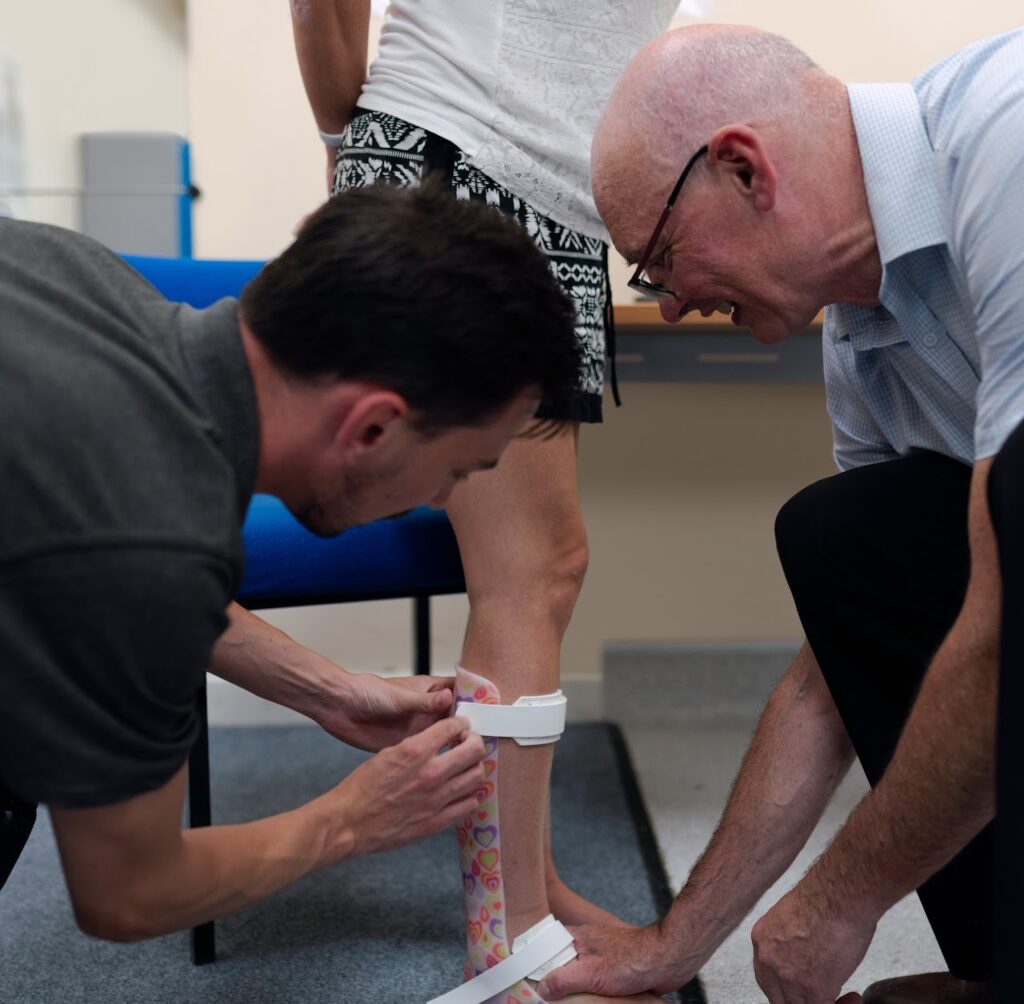knee, foot & ankle pain
KNEE PAIN
Tendinitis
Tightness, swelling, and a dull ache
Runner’s knee
Dull throbbing behind your kneecap
Torn ligaments
May initially hear a popping sound, followed by swelling and severe knee pain
Osteoarthritis
Pain, tenderness, and inflammation of the knee
Bursitis
Acute pain and swelling in one or both knees
Injured meniscus
May hear a popping sound followed by an immediate sharp pain and swelling
Gout
Intense pain and a lot of swelling
Infectious arthritis
Severe pain and swelling, warmth, and redness around the joint
Fracture:
Swelling, sharp pain, and an inability to move your joint.


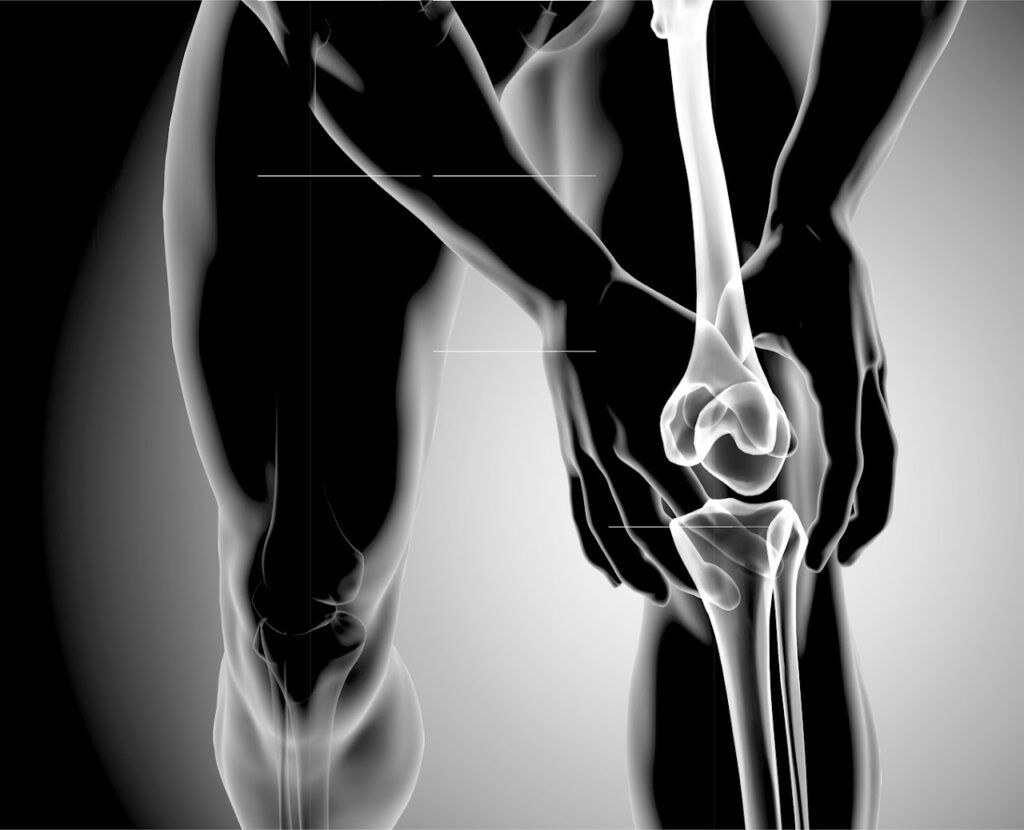
Achieve healthy weight with BMI of 25 or less.
Being fully fit when returning to sports
Most ACL injuries occur in the second half of games because of muscle fatigue
Lunges and squat may affect the knee joint as the load goes through the back of the knee cap
Reduce sugar intake as insulin resistance may cause inflammation in the knee
Physiotherapy
Pre and post injury rehabilitation and core strengthening muscle and ligaments around the knee
Physical massage therapy:
Help to strengthen muscle and ligament groups that support the knee , improve mobility and flexibility, and promote proper positioning and posture.
Tecar Therapy
Is a non invasive system which is externally applied, and uses patented long wave radio frequencies to create intense tissue stimulation. It helps to reduce back pain and speed up recovery.
Medical Acupuncture/Dry Needling:
Is effective for muscular pain. It involves inserting thin needles into precise points throughout the body, which may cause the body to release naturally occurring painkilling chemicals such as endorphins, serotonin, and acetylcholine.
Knee bracing and knee tapping
Might help to reduce pain by shifting your weight off the most damaged portion of your knee. Improve your ability to get around and help you walk comfortably
Joint injection
A cortisone steroid solution which is injected into the knee joint
Knee rehabilitation exercises
Our Specialist Orthopaedic consultants are on hand to give advice and treat you if all other treatments fail.

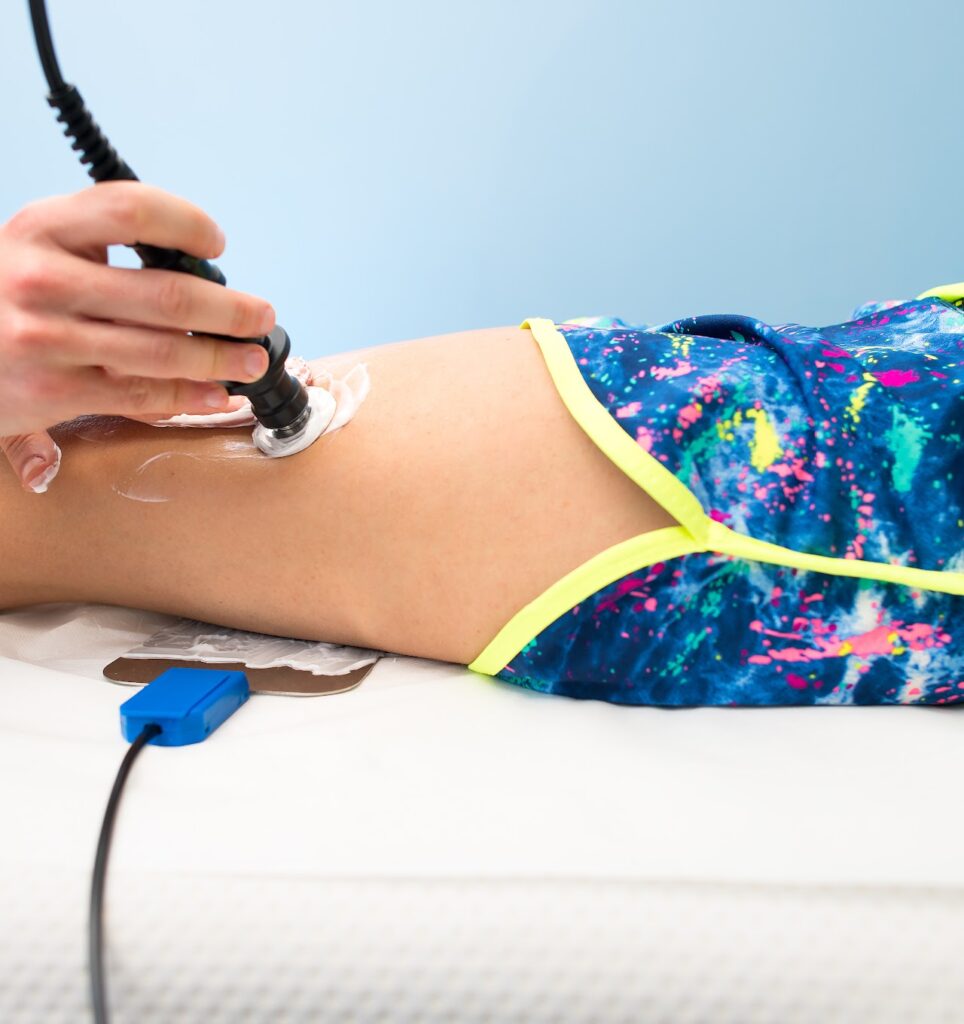
foot & ankle pain
A sprain is a common cause of ankle pain. Sprains are generally caused when the ankle rolls or twists so that the outside ankle moves toward the ground, tearing the ligaments of the ankle that hold the bones together.
Rolling the ankle can also cause damage to the cartilage or tendons of your ankle.
Pain can also be a result of:
arthritis, specifically osteoarthritis
nerve damage or injury, such as sciatica
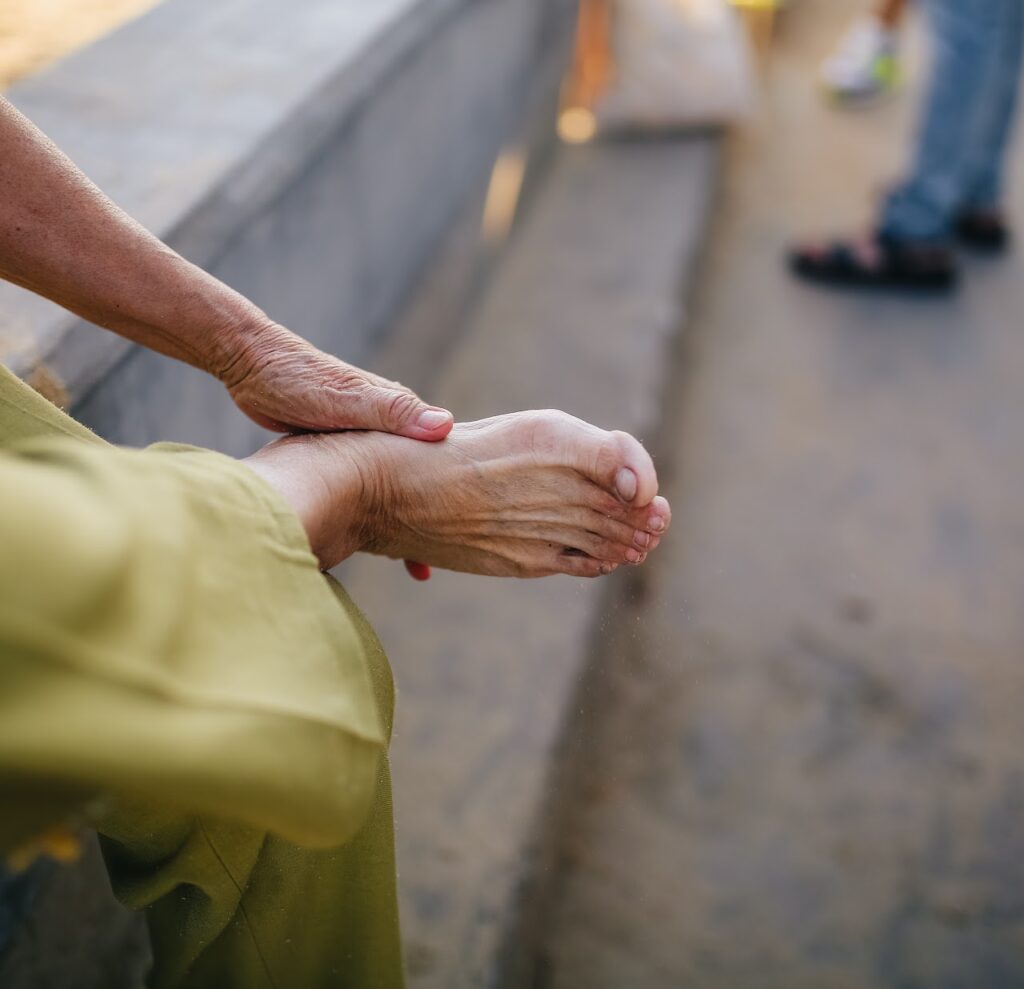
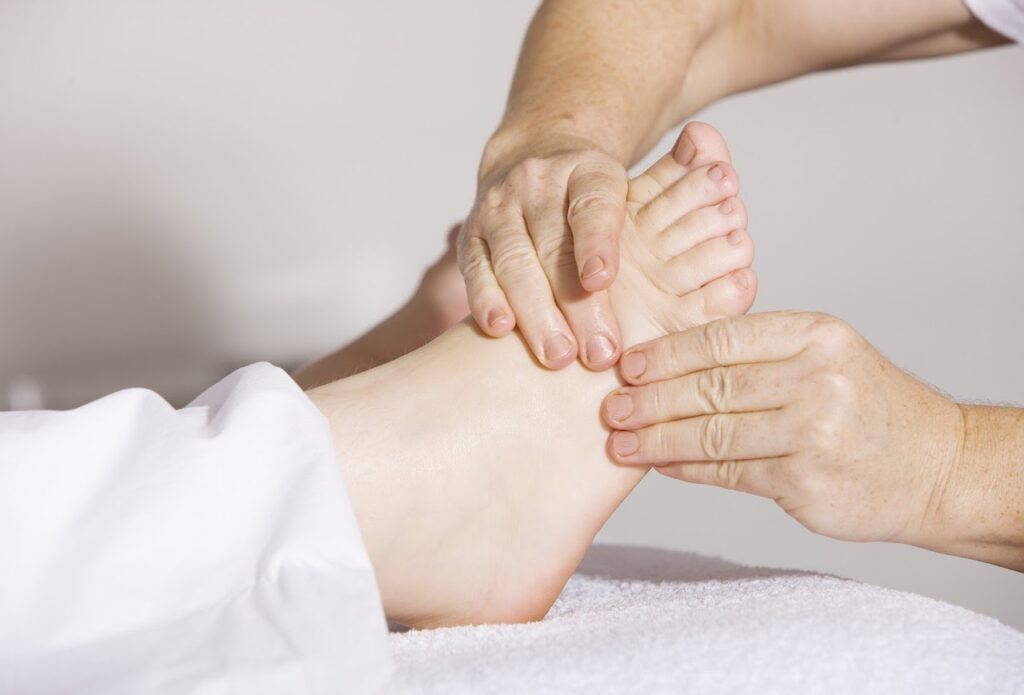
Stay physically active and follow a fitness program focusing on moderate exercise
Practice healthy eating habits
Stretch to maintain a good range of motion in your joints
Keep your body weight within a healthy range, which will lessen stress on the joints
Our treamtent options for foot & ankle pain are:
Physical massage therapy
To strengthen core muscle groups that support the low back, improve mobility and flexibility, and promote proper positioning and posture.
Spinal manipulation and spinal mobilization
To mobilize, adjust, massage, or stimulate the spine and the surrounding tissues.
Trigger injections
Trigger point injections can relax knotted muscles (trigger points) that may contribute to back pain.
Tecar Therapy
Is a non invasive system which is externally applied, and uses patented long wave radio frequencies to create intense tissue stimulation. It helps to reduce back pain and speed up recovery.
Medical Acupuncture/Dry Needling
Is moderately effective for chronic low back pain. It involves inserting thin needles into precise points throughout the body, which may cause the body to release naturally occurring painkilling chemicals such as endorphins, serotonin, and acetylcholine.
Orthotics insoles
Shoe insert or foot or ankle braces are a great nonsurgical way to help realign your joints and keep pain and discomfort at bay. Inserts support different parts of the foot and redistribute body weight, thereby providing pain relief.
Ankle tapping
Ankle rehabilitation exercises

